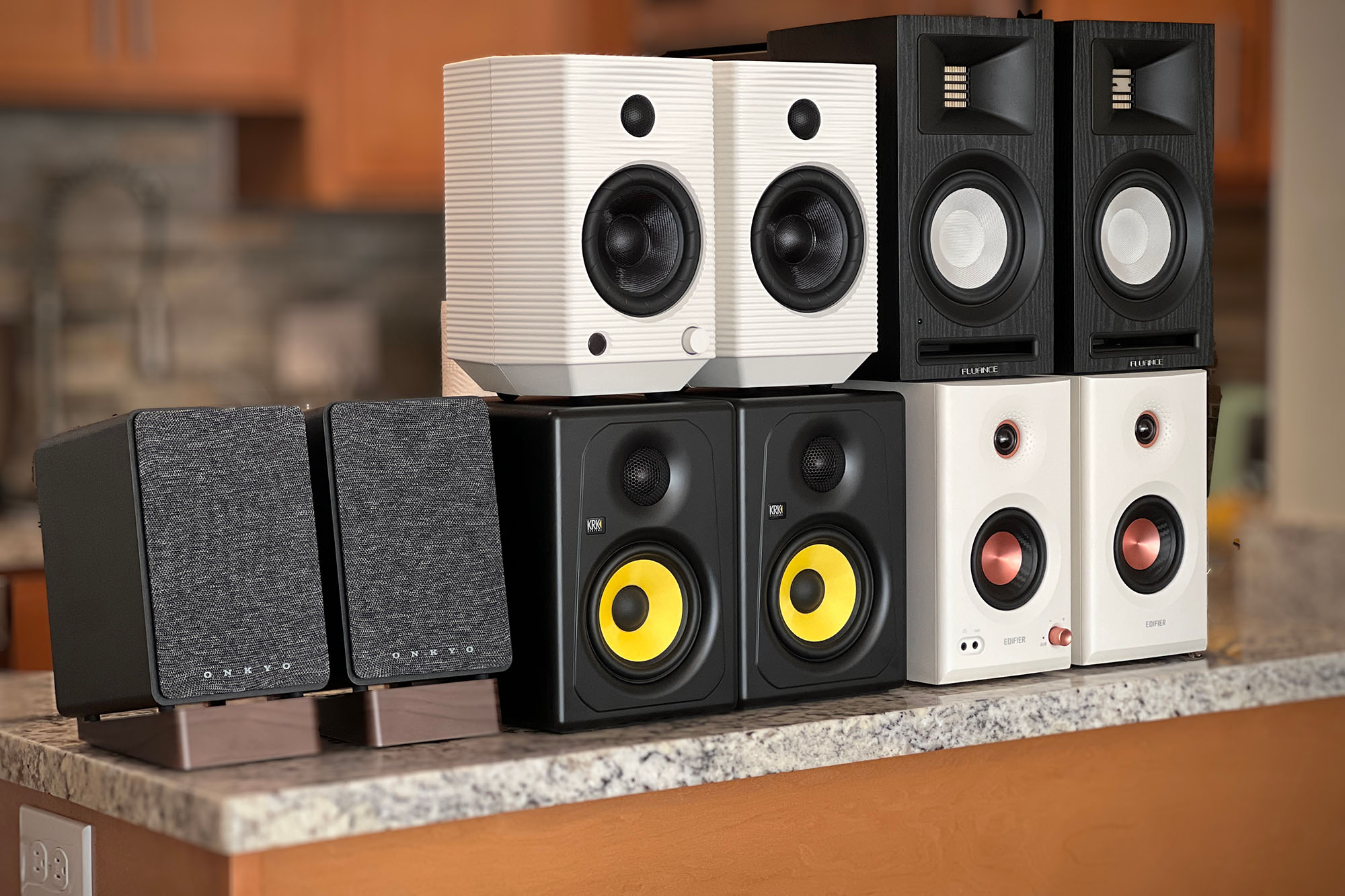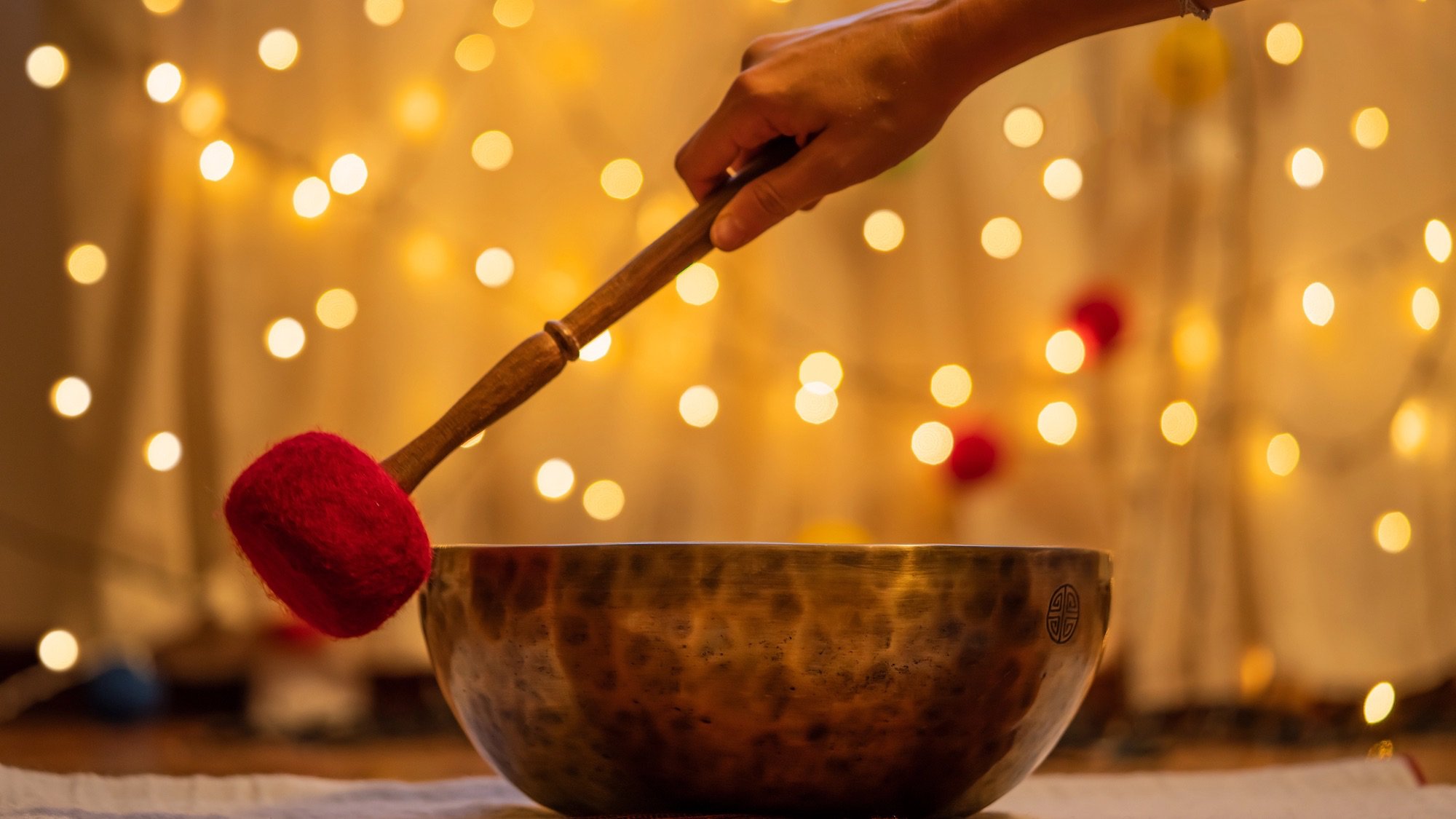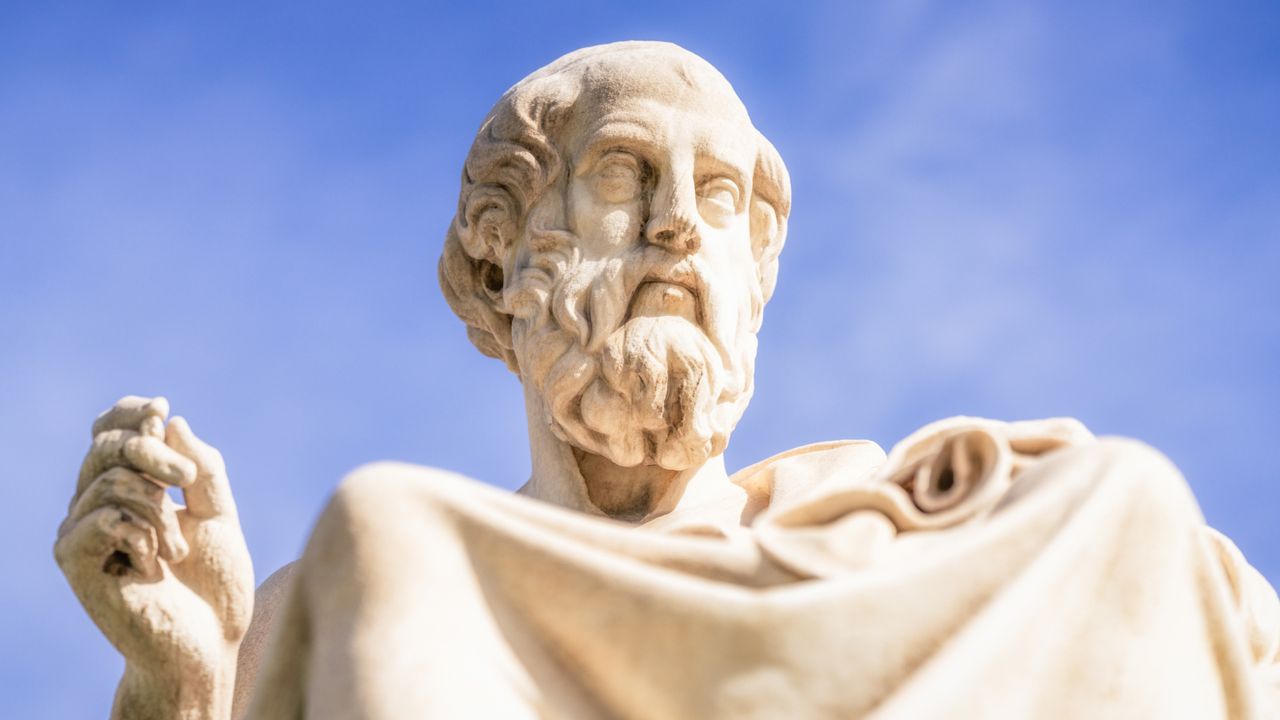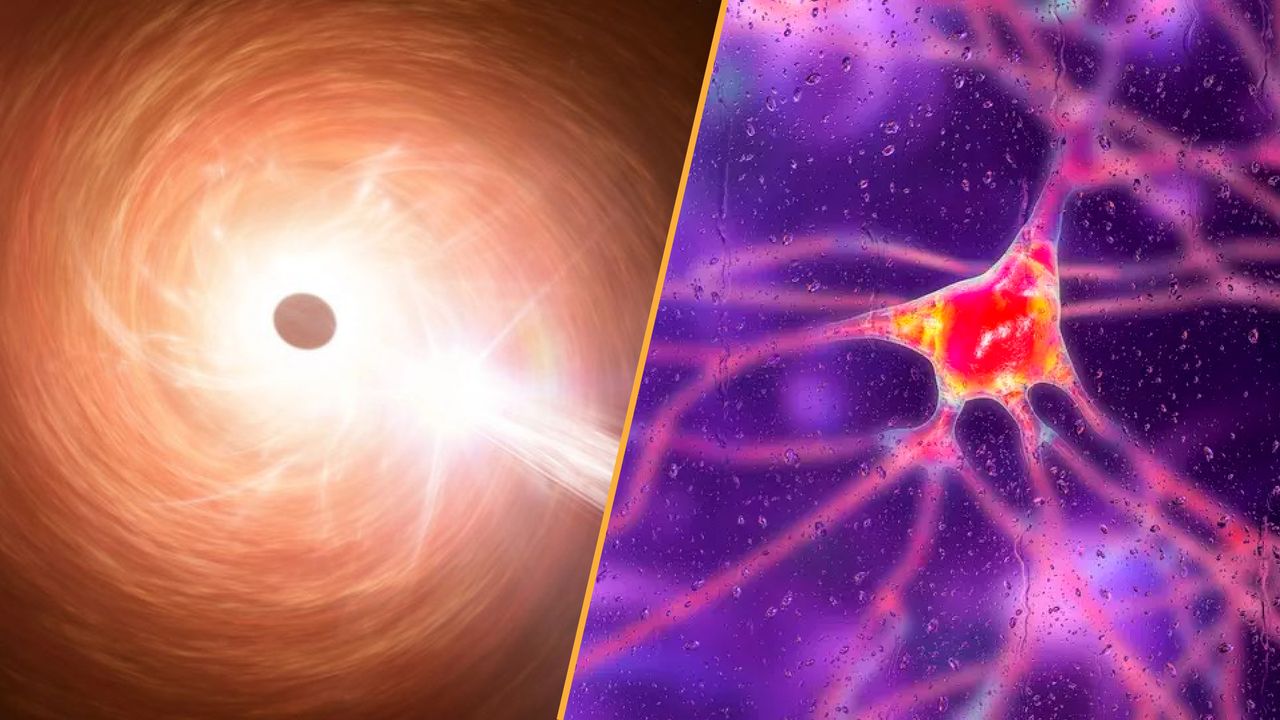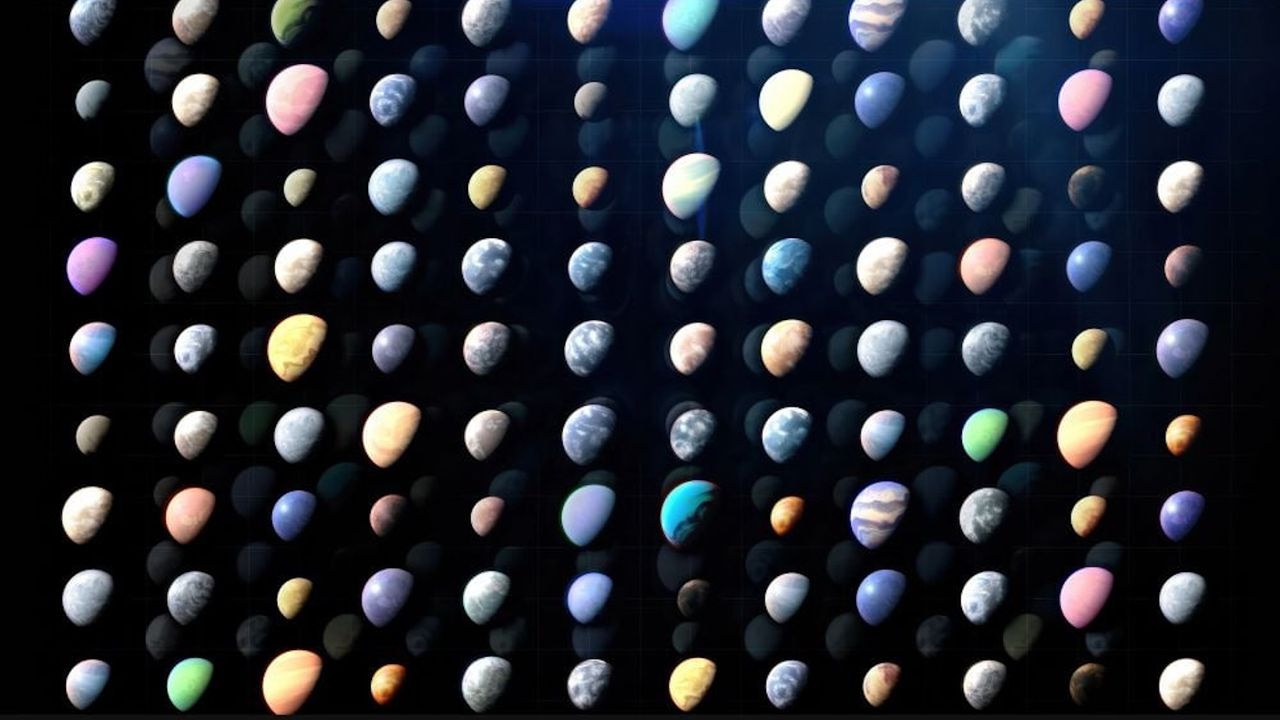Why does medicine taste bad?
NeutralScience

Medicines are essential for recovery, but their often unpleasant taste can be a hurdle for many. Understanding why medicine tastes bad is important because it can influence patient compliance and overall health outcomes. By exploring the reasons behind these flavors, we can find ways to improve the experience of taking medication, making it easier for people to stick to their treatment plans.
— Curated by the World Pulse Now AI Editorial System
